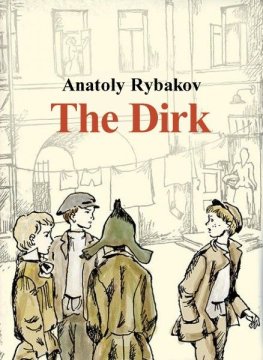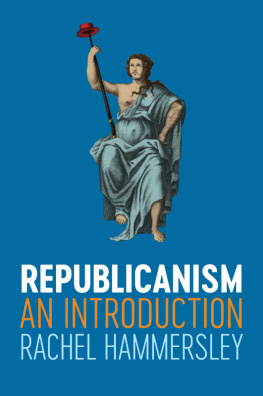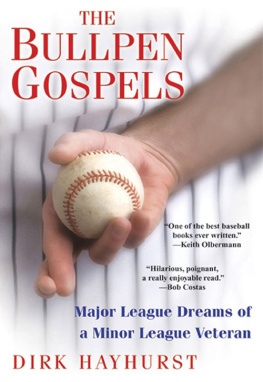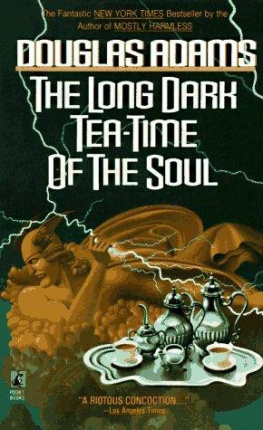First published 2014 by Ashgate Publishing
Published 2016 by Routledge
2 Park Square, Milton Park, Abingdon, Oxon OX14 4RN
711 Third Avenue, New York, NY 10017, USA
Routledge is an imprint of the Taylor & Francis Group, an informa business
Copyright Dirk Wiemann, Gaby Mahlberg and contributors 2014
Dirk Wiemann and Gaby Mahlberg have asserted their right under the Copyright, Designs and Patents Act, 1988, to be identified as the editors of this work.
All rights reserved. No part of this book may be reprinted or reproduced or utilised in any form or by any electronic, mechanical, or other means, now known or hereafter invented, including photocopying and recording, or in any information storage or retrieval system, without permission in writing from the publishers.
Notice:
Product or corporate names may be trademarks or registered trademarks, and are used only for identification and explanation without intent to infringe.
British Library Cataloguing in Publication Data
A catalogue record for this book is available from the British Library
The Library of Congress has cataloged the printed edition as follows:
Perspectives on English Revolutionary Republicanism / edited by Dirk Wiemann and Gaby Mahlberg.
pages cm
Includes bibliographical references and index.
ISBN 978-1-4094-5567-7 (hardcover: alk. paper)ISBN 978-1-3156-0019-2 (ebook)ISBN 978-1-3170-8175-3 (epub)
1. RepublicanismGreat BritainHistory17th century. 2. Politics and literatureGreat BritainHistory17th century. 3. Political cultureGreat BritainHistory17th century. 4. Religion and politicsGreat BritainHistory17th century. 5. Republicanism in literature. 6. Great BritainIntellectual life17th century. 7. Great BritainPolitics and government16421660. I. Wiemann, Dirk. II. Mahlberg, Gaby.
JN196.P47 2014
320.94209032dc23
2013033629
ISBN 9781409455677 (hbk)
ISBN 9781315600192 (ebk PDF)
ISBN 9781317081753 (ebk ePUB)
Notes on Contributors
Luc Borot is Professor of Early Modern British Intellectual and Cultural History in the English Department of the University of Montpellier (France). From 2008 to 2012 he was seconded to Oxford as director of the research centre of the Maison Franaise dOxford. He has been working on Hobbes and Harrington since the early 1980s and has published extensively on both. His current work has been on Harringtons religion, Hobbess writing and translating, and collective myth-making in the English Revolution.
Glenn Burgess is Pro-Vice-Chancellor and Professor of Early Modern History at the University of Hull. His research and teaching interests lie in the history of Tudor and Stuart England, the history of political thought, and the philosophy and theory of history. His major publications include The politics of the ancient constitution: An introduction to English political thought, 16031642 (London, 1992), Absolute monarchy and the Stuart constitution (New Haven, 1996), and British political thought, 15001660: The politics of the post-Reformation (Basingstoke, 2009). He is a Fellow of the Royal Historical Society and has sat on the Societys Council.
Justin Champion is Professor of the History of Early Modern Ideas and has taught at Royal Holloway, University of London, since 1990. Publications include monographs and articles on the history of epidemic disease in London, on the history of republicanism, heterodoxy, and erudition in the seventeenth and eighteenth centuries. His most recent book is the first edition of Robert Molesworths political writings (Indianapolis, IN, 2011). He has just completed an edition of Thomas Hobbes writings on religion for the Clarendon works of Hobbes.
Cesare Cuttica is Matre de confrences en Civilisation Britannique, Dpartement dtudes des pays anglophone, Universit Paris 8-Vincennes (France). He is the author of Sir Robert Filmer (15881653) and the patriotic monarch: Patriarchalism in seventeenth-century political thought (Manchester, 2012). Together with Glenn Burgess he has edited Monarchism and absolutism in early modern Europe (London, 2012). He has also published articles in History of Political Thought, History of European Ideas, Renaissance Studies, History and Theory, and Intellectual History Review.
J.C. Davis is Emeritus Professor of History at the University of East Anglia. He has written extensively on mid-seventeenth-century political thought and the history of utopian thought. His monographs include Utopia and the ideal society: A study of English utopian writing (Cambridge, 1981) and Oliver Cromwell (London, 2001).
Martin Dzelzainis is Professor of Renaissance Literature and Thought at Leicester University. His main field of research is Renaissance literature and thought, including John Milton, Andrew Marvell, literature and politics, republicanism, rhetoric, satire, print culture, censorship, the history of truth telling, and liberty and libertinism. His current projects include a monograph, entitled The flower in the panther: Print and censorship in England, 16621695 and an edition of Andrew Marvells writings for 21st Century Oxford Authors (both Oxford University Press). Future editorial work includes Volume X: The histories for the forthcoming OUP Complete works of John Milton, edited by Tom Corns and Gordon Campbell. He is General Editor (together with Dr Paul Seaward, Director, History of Parliament Trust) of the forthcoming OUP edition of The works of Edward Hyde, Earl of Clarendon.
Gnther Lottes holds the Chair in Cultural History at Potsdam University (Germany). His main field of interest is the European Enlightenment. He currently acts as coordinator of the Marie Curie Training Programme Enlightenment and World History funded by the European Union. Lottes has written widely on the history of political ideas, especially in England. His publications include the monographs Politische Aufklrung und plebejisches Publikum (Munich and Vienna, 1979) on English radicalism in the late eighteenth century, and The Enlightenment as European history (in preparation).
Gaby Mahlberg is Senior Lecturer in Early Modern British History at Northumbria University in Newcastle upon Tyne. She is the author of a monograph entitled Henry Neville and English republican culture in the seventeenth century: Dreaming of another game (Manchester, 2009), and a variety of articles and book chapters on early modern intellectual and cultural history, in particular the history of seventeenth-century English republicanism and utopianism. Together with Dirk Wiemann she has edited











